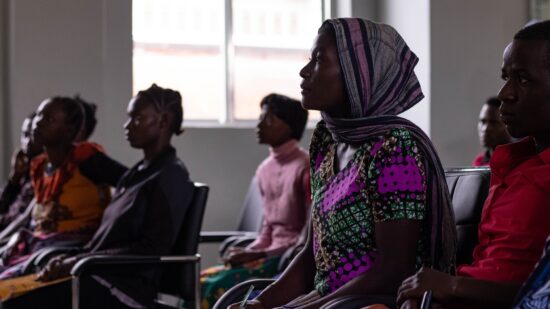Protocol for surveillance of antimicrobial-resistant bacteria causing community-acquired urinary tract infections in low-income countries
Drug-resistant bacteria are a growing threat in low-middle-income countries, where community-acquired infections are often treated without adequate data to support antibiotic use. A protocol for monitoring antimicrobial resistance (AMR) in these communities uses urinary tract infection (UTI) as a proxy for community-acquired infection. The protocol aims to design a sustainable surveillance program for AMR in communities involving children and adults. It requires laboratory preparation, surveillance areas, priority bacteria and antimicrobials selection, and a coordinated sampling plan. The data generated will be shared internally and externally.
AMR NEWS
Your Biweekly Source for Global AMR Insights!
Stay informed with the essential newsletter that brings together all the latest One Health news on antimicrobial resistance. Delivered straight to your inbox every two weeks, AMR NEWS provides a curated selection of international insights, key publications, and the latest updates in the fight against AMR.
Don’t miss out on staying ahead in the global AMR movement—subscribe now!







